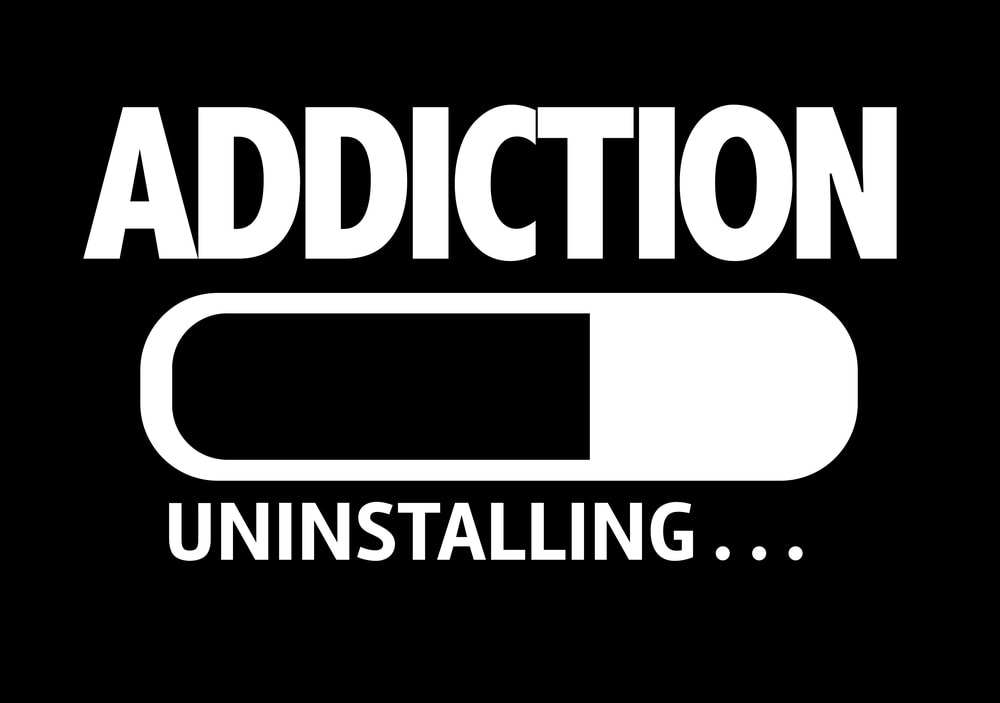About a fifth of people who experiment with cocaine become dependent on the drug. However, it is possible to stop addiction and regain control of your life.
#1 Avoid Triggers
If you know that certain people or places are more likely to cause you to use, avoid them. Someone may be a close friend, but they might need help for a substance use disorder too. If they continue pulling you towards harmful behaviors, it’s time to take a step back.
Any time that you’re tempted to use, force yourself to consider the downside. Remember the negative ways cocaine impacts your life and the lives of those around you.
#2 Find Safer Coping Mechanisms for Stress
Stress can cause cravings. Stop cocaine cravings by finding other ways to reduce anxiety. Meditation, breathing exercises, relaxing music and getting out in nature can help. Counseling, hypnosis and acupuncture may also be effective. Addiction is a powerful phenomenon. If these approaches don’t work, it’s a sign that treatment with addiction experts is necessary.
3# Prepare for Acute Cocaine Withdrawal
Cocaine and crack are highly addictive. But compared to other drugs, detoxing from cocaine doesn’t take as long. Detox can take place over weeks but a shorter process doesn’t mean an easier one. Withdrawal symptoms and ‘crashes’ are distressing. They can lead to paranoia, depression and suicidal thoughts. They can also cause physical side effects.
It’s essential that you visit your doctor before attempting to quit. They can assess the severity of your addiction and let you know what kind of treatment you need. Former addicts experience cravings for years after use stops. It’s important that you prepare for these and have a routine to prevent acting on them.
#4 Take Care of Your Body
Eat nutritious foods to heal, aid detox and gain energy. Do a workout. Exercise releases endorphins. And endorphins reduce our perception of both physical and emotional pain. They also cause a feeling of well-being.
Also be sure to get a decent amount of sleep every night. Withdrawal may interfere with the quality of your sleep. See a doctor who may prescribe suitable medication or recommend natural alternatives.
#5 Change Your Lifestyle
Withdrawing from cocaine may make it difficult to experience pleasure. But this feeling won’t last forever.
So fill your free time with harmless activities. Make commitments if they won’t cause triggering levels of stress for you. External motivation can be helpful to stick to a new hobby.
Learn new skills, do community service and pursue less risky forms of fun. Short on ideas? Go fishing, visit an amusement park with loved ones, or watch a pantomime. With time, you will begin to feel joy again in a normal and healthy way, and this will help prevent a relapse.
#6 Don’t Shift to Other Addictions
Whatever you do, don’t substitute one addiction for another. This may be the recommended treatment for opioid addicts, but it does not apply to cocaine. Substances are a crutch and using them puts your long-term well-being at risk.
But it’s not just drugs that you need to steer clear of. Apply moderation to everything from eating to gambling, for example.
#7 Find a Relevant Local 12-Step Program
Cocaine Anonymous might have a support group in your area. But if not, there are other addiction programs that may be helpful. Online support groups provide information and link addicts to those in long-term recovery.
#8 Seek Support From Loved Ones
Chatting to someone supportive can make you feel better about stressful situations. Family and friends can help you problem-solve. But they’re also the key to sustained sobriety. If you let them in, they can help keep you accountable and remove triggers from your environment.
#9 Therapy
A professional therapist can help you to quit cocaine for good. Try and find someone who is well-versed in addiction treatment. Recovery is a difficult thing to go through alone and loved ones are often ill-equipped to change addicts’ behavior. Therapists have tried-and-tested techniques to make a meaningful difference. They can also address a dual diagnosis where relevant.
#10 Find a Cocaine Treatment Program
Cocaine addiction treatment is our best suggestion to address cocaine abuse. It combines most, if not all, of the above tips under one roof. This gives patients the best chance at a successful recovery. Treatment includes therapy which often works with motivational strategies and incentives to abstain.
Inpatient and outpatient programs are available. The type of treatment plan depends on the extent of the substance use disorder. Residential rehab centers help addicts to detox and quit cocaine safely. It’s optimal to wean off cocaine in a supervised setting free from other substances. Going cold-turkey at home is difficult and potentially dangerous.
At the moment, there are no FDA-approved drugs to treat cocaine addiction. But doctors can prescribe medication to treat the symptoms of withdrawal. This makes the process easier and removes a significant obstacle to recovery.
Also, if a patient has a dual diagnosis, doctors may prescribe appropriate medication. Left untreated, mental health issues can cause relapses, self-harm and other problematic behaviors.
The good news is that the odds of successful treatment are high for cocaine abuse. According to a study, 61% of addicts who got treatment for powder cocaine abuse stopped using within 6 months.
Contact us today and start the journey towards recovery!

